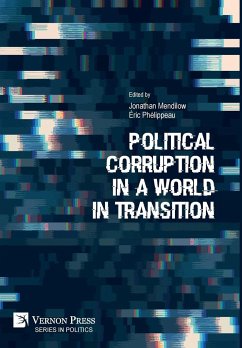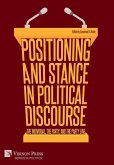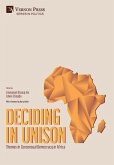This book argues that the mainstream definitions of corruption, and the key expectations they embed concerning the relationship between corruption, democracy, and the process of democratization, require reexamination. Even critics who did not consider stable institutions and legal clarity of veteran democracies as a cure-all, assumed that the process of widening the influence on government decision making and implementation allows non-elites to defend their interests, define the acceptable sources and uses of wealth, and demand government accountability. This had proved correct, especially insofar as 'petty corruption' is involved. But the assumption that corruption necessarily involves the evasion of democratic principles and a 'market approach' in which the corrupt seek to maximize profit does not exhaust the possible incentives for corruption, the types of behaviors involved (for obvious reasons, the tendency in the literature is to focus on bribery), or the range of situations that 'permit' corruption in democracies. In the effort to identify some of the problems that require recognition, and to offer a more exhaustive alternative, the chapters in this book focus on corruption in democratic settings (including NGOs and the United Nations which were largely so far ignored), while focusing mainly on behaviors other than bribery.
Hinweis: Dieser Artikel kann nur an eine deutsche Lieferadresse ausgeliefert werden.
Hinweis: Dieser Artikel kann nur an eine deutsche Lieferadresse ausgeliefert werden.








